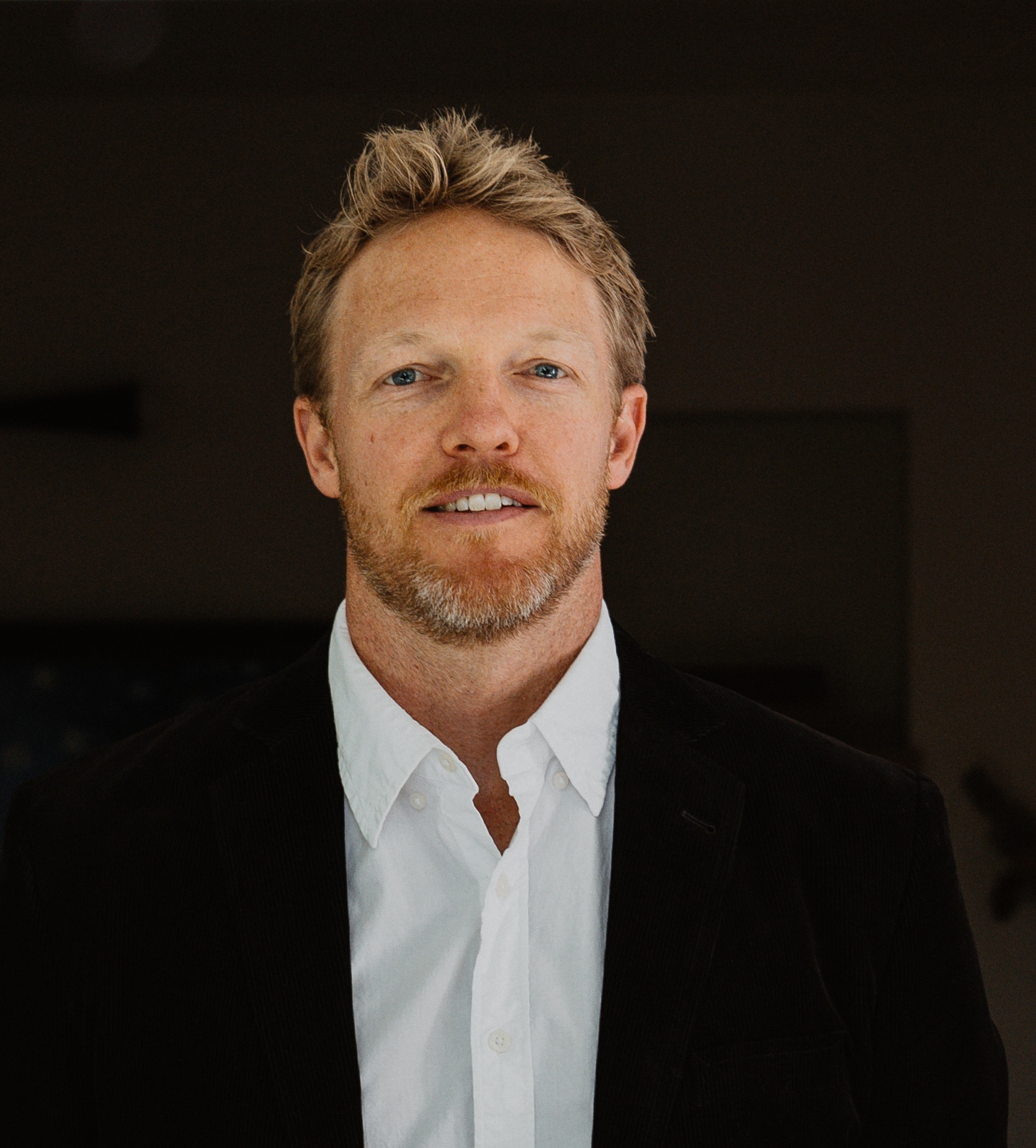
When writing college essays as part of the application process, especially for selective schools, it’s important to reflect on pivotal times in your life that resulted in personal growth and development. This comprehensive college essay advice will help you navigate the process effectively.
Christopher Hathaway of Dimension Admissions emphasizes the importance of not rushing the essay writing process. His firm assists students with the essay writing process, guiding them without writing the essays for them.
“You’re looking at a 650-word personal statement, and you have a range of topics that you can discuss. These prompts cover a broad spectrum, allowing you to talk about almost anything, including a catch-all topic if your desired topic doesn’t fit under one of the other prompts,” Hathaway explains.
Reflect on Pivotal Moments
Hathaway recommends thinking back to your experiences as a student and young person. “Try to pinpoint moments in your life that have been pivotal. It could be a moment of epiphany or trauma, but something where growth ultimately stemmed from that event. Consider how to frame a narrative around that,” he advises.
Tell a Good Story
The personal statement should ideally tell a compelling story. “What you don’t want is for the essay to read like a bullet-pointed, long-form resume. Engage the reader with detailed descriptions of a particular moment in time that represents many other moments in your life reflected elsewhere in your application,” Hathaway suggests.
“When writing your story, focus on a specific moment in as much detail as possible. You’ll bring in your origin story or motivation prior to that point, but it doesn’t need to be a linear structure. You might start in the middle of the action and fill in details to provide context. By the end of the essay, the reader should have a sense of who you are as an individual and what your goals are for the future,” he adds.
Seek Feedback
Hathaway also recommends having as many cold readers as possible who don’t know the student well. “They can identify three character traits that they would attribute to the essay writer. It’s a way to check whether your intention in writing the essay has come to fruition,” he says.
Demonstrate Future Plans
Applicants should have some idea of how they plan to use the resources the university offers. Schools are making an investment in their students, hoping they will be successful and potentially contribute back to the school, either financially or through remarkable achievements, such as humanitarian efforts or contributions to the arts.
Differentiate Yourself
The college essay is crucial because it’s the best opportunity for applicants to differentiate themselves. Hathaway’s organization primarily focuses on the top 20 schools, but they help students at all levels of aspiration.
“Highly selective schools like Harvard or Yale look for ACT scores of 33 to 36, SAT scores of 1500 and above, and weighted GPAs of 4.2 or higher. These numbers are just the beginning; the essay provides a voice to the application and explains the reasoning behind the raw data,” Hathaway notes.
Explain Your Involvement
If a student is involved in groups like DECA and has taken leadership roles, it’s great to add this to a resume or activities list. “The essay is an opportunity to explain why you’re invested in those activities. The why and the how are much more significant than the what,” he says.
Start Early
The length of the process depends on the firm’s relationship with the student. Ideally, students start in their ninth or tenth grade year. “Starting early allows us to develop that raw material with them. Our focus is on the essay, which we view as the culmination of a young person’s life up to that point,” Hathaway states.
Writing Process
In terms of the actual essay process, Hathaway mentions that they start when school lets out in May or June of the student’s junior year. “The process continues through submission deadlines, with breaks for feedback from cold readers. For a personal statement, the process may take two and a half months, but with intervals for refinement and feedback,” he explains.
Essays in the Age of AI
Regarding essays in the age of artificial intelligence, Hathaway’s team has conducted extensive reviews challenging AI bots. “We realized there’s a limitation to their ability at this stage. AI is a useful tool for efficiency if used appropriately, but ghostwriting an essay is not advisable due to ethical concerns and the lack of authenticity and originality,” he says.
Conclusion
Navigating the college essay process requires reflection, storytelling, and thorough preparation. By following these expert tips from Christopher Hathaway, students can effectively differentiate themselves and create compelling essays that capture their unique experiences and aspirations.
Need More College Essay Advice?
At Dimension Admissions, we provide personalized guidance to help you craft authentic and impactful college essays. Let us assist you in showcasing your true potential. Schedule your free consultation today and take the first step towards your dream college.

Christopher holds a B.A. from Yale University, an M.F.A. in Fiction from the Program for Writers at Warren Wilson College, and an M.A.Ed. from NYU Steinhardt School of Culture, Education, and Human Development, where he was inducted into the Kappa Delta Pi International Honor Society in Education. He is a certified independent educational consultant through UC Irvine and is a professional member of both the National Association of College Admissions Counselors (NACAC) and the Independent Educational Consultants Association (IECA).
Christopher founded Dimension Admissions in the summer of 2019, following eight years as an independent school instructor, administrator, and admissions file reader. During this time, he also conducted alumni interviews for Yale University. He is an expert in educational advising, English language and literature, teaching, personal narrative writing, academic and extracurricular planning, school selection, and admissions.
His objective is to empower each client to articulate how their lived experiences have shaped their personal identity, and to determine how they will utilize this foundation to engender future growth and contribute meaningfully to their communities. While his primary goal is to send each of his clients to their dream school, his success is also contingent on whether they emerge from their work with Dimension Admissions more self-aware and confident as they embark on the next chapter of their life’s journey.



